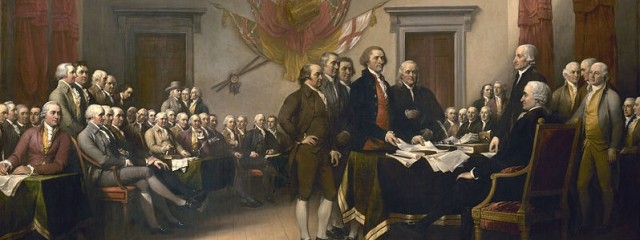The improvement of human rights policy depends on an improved human rights discourse. The Freedom Rights Project thus addresses two main questions:
- What has gone wrong with international human rights?
- How can we fix it?
THE PROBLEM
Universal human rights is one of the most emancipatory and revolutionary ideas of the modern world, and one that requires serious intellectual custodianship. At its best it can offer a powerful intellectual and moral framework for dealing with “the twin specters of antimodernist fundamentalism and postmodernist nihilism” (George Scialabba) that seem to define our era.
In the present world, however, the idea of human rights also faces a unique set of challenges.
First, the field of human rights has sunk into an ossified state of intellectual conformism and complacency.
The poor state of intellectual argument about human rights is at least in part to blame for the almost mindless process of proliferation of international human rights over the last few decades. ‘Rights inflation’ poses a threat to the idea of human rights, for it dilutes and relativises human rights, and even offers illiberal governments justifications for oppression. Why has ‘rights inflation’ gone so far? Is there any way of stopping it? How can human rights be re-focused on liberty—the principle that originally inspired them?
Secondly, the ever-expanding international apparatus for protecting human rights is ineffective, when not counter-productive. Human rights institutions, including non-governmental ones, are often politicized and, more generally, instrumentalised for purposes that have little to do with the protection of human rights. Where have these institutions failed? What can we do to improve them?
The Project aspires to conduct research and generate argument that can produce change. Without prejudice to the open-ended nature of intellectual investigation, the Freedom Rights Project hopes to create, with time, an enduring framework for research, debate, argument and monitoring about human rights so as to validate and sustain its change-making potential.
The Project’s Principal Investigators do not, at this point, know what exact shape this framework should take – movement, network or organization. But they share the conviction that the intellectual and institutional challenges outlined above are urgent. As we abandon the short-lived illusion of a unipolar world to embrace the uncertainty of a multipolar one, we cannot afford to leave one of the great political, legal and moral ideas of the West in a state of confusion and disarray.
Keeping in mind this sense of urgency, the Project undertakes to disseminate its findings and concerns as widely as possible.


 Follow us on twitter
Follow us on twitter
 Follow us on facebook
Follow us on facebook
 Freedom Rights Project
Freedom Rights Project